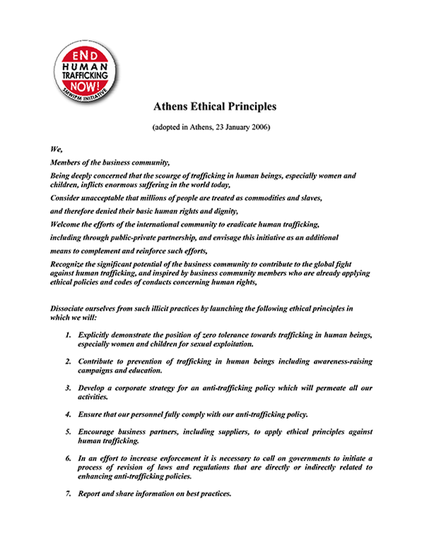Fairmined Standard for Gold from Artisanal and Small-scale Mining, including associated precious metals
Standards & Codes of ConductThe Fairmined Standard for Gold and Associated Precious Metals has been developed to support sustainable development of artisanal and small-scale mining communities. The standard includes requirements for artisanal and small-scale mining organiza...Read More

